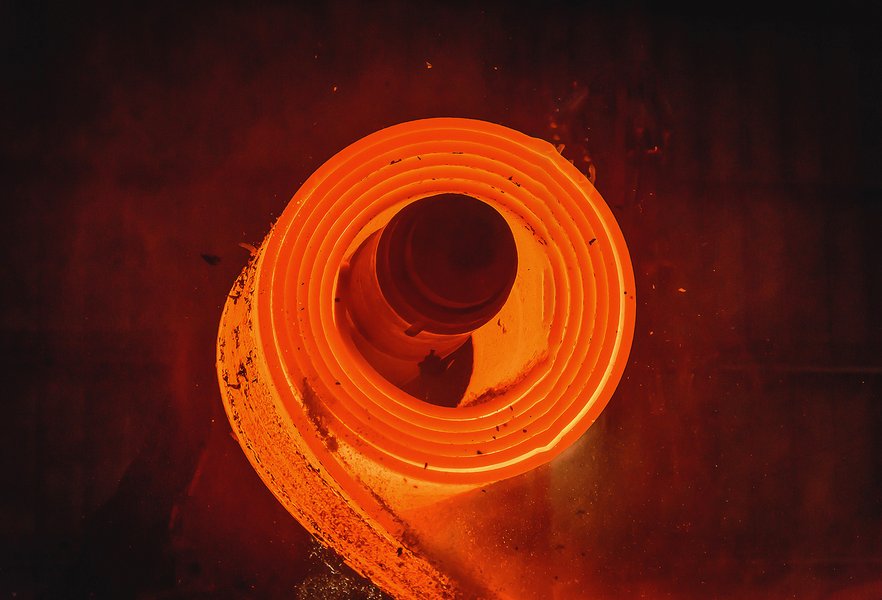Focus on integrating sustainability into AU's engineering programmes
Sustainability is much more complex than you might think, and therefore teaching the topic is very important, says an AU researcher from the Department of Engineering.

Climate change, raw materials scarcity, loss of biodiversity, rising resource and energy consumption, overpopulation, deforestation, a general lack of recycling. The world suffers from many problems.
A greener future requires rethinking of current industry, which in turn requires engineers that are skilled in creating sustainable technological solutions.
For the two graduate students on the Civil and Architectural Engineering programme at Aarhus University, Monica Hove and Joakim Johannesen, the apparent lack of reuse of building materials in construction was an important issue to delve into.
The climate and the environment pay a high price when new buildings shoot up all around Denmark. Very few construction projects reuse building materials, and that may come as a surprise, given that construction is responsible for approx. 40 per cent of the total energy consumption of society and about 30 per cent of our waste production.
"We’re analysing the barriers to the industry in relation to reusing and recycling building materials. What are the advantages, what are the pitfalls, and what can we do about it? I think it’s very important to gain knowledge about sustainability aspects throughout my education, and the topic is much more complex than you would think," says Monica Hove.
Her interest in sustainability prompted her to choose the Sustainable Design and Production course, which gave both the engineering students an introduction to sustainability.
And it is important for several reasons that all engineering MSc’s are introduced to a deeper understanding of sustainability while they are at university, says the researcher behind the course, Assistant Professor Devarajan Ramanujan.
"We are all well aware of the major challenges currently facing the world, and fortunately there is a huge potential to make the world's industries greener and more sustainable than they are today. Our engineering MSc’s will be leading this change, and the department therefore has sharp focus on incorporating sustainability into the curriculum in many different ways," he says, and continues:
"At the same time, competences in the field of sustainability are increasingly in demand. Students can see this clearly, and this is important for their careers. We’re seeing an increasing tendency for engineering students to focus on sustainability in their Master's theses."
Sustainable Design and Production is currently the only elective course on AU Master of Science in Engineering degree programmes with a 100% focus on sustainability.
“As a research-based institute, we are deeply rooted in the technical and natural sciences. And it is important to lecture our students on sustainability and integrate it into their future careers, as it is the technology of the future that can change the world for the better,” says Thomas Toftegaard, Head of Department at the Department of Engineering.
The course is project-based and students apply their learning to solve sustainability-related challenges. The course is in demand among students from all engineering disciplines, but also in industry, which contributes problems from the real world.
"The course offers an understanding of the underlying processes, which are rarely focused on when talking about whether something is more or less sustainable. The right choice is not necessarily obvious because of the complexity of the subject," says Monica Hove, who in connection with the course was introduced to the dilemma of reusing construction materials by one of the largest contractors in Denmark.
Sustainable Design and Production is offered as a course for Master's students at the Department of Engineering, Aarhus University, and is a 10 ECTS credits course. A list of previous course projects can be found here.
Contact
Devarajan Ramanujan
Assistant professor, Department of Engineering
Mail: devr@eng.au.dk
Tel.: +45 93508848
